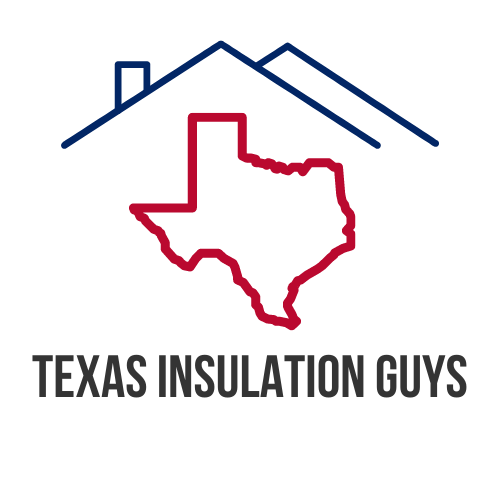Spray foam insulation has been a topic of considerable debate, especially when it comes to its safety. Critics often express concerns about chemical exposure and long-term health implications. However, when we delve into the facts, it becomes clear that this insulation method is not only effective but also safe.
Understanding the Composition
Firstly, it’s crucial to grasp what this product actually is. Essentially, it is a heat-activated polymer that rapidly expands upon application, creating a heat-insulating barrier. This barrier effectively seals off air leaks, resulting in significant energy savings.
The primary components of this foam are isocyanates and polyols, which react together to form the insulation. Although isocyanates can pose a risk if inhaled or exposed to the skin during installation, the chances are virtually non-existent once the product has been cured.
The Importance of Professional Installation
Professional installation is vital to ensuring safety. Experienced installers are equipped with the necessary protective gear and knowledge to handle the product safely. They understand the importance of proper ventilation during application and the correct curing time before the area is safe for reoccupation.
Additionally, professionals know how to apply the foam evenly to avoid overdoing it, which could lead to inadequate ventilation in your home. In a nutshell, with a competent installer, the safety of this process is significantly enhanced.
Post-installation Safety
Once it has been cured, the potential risks associated with isocyanates dissipate. The foam hardens and becomes inert, meaning it no longer releases any harmful chemicals. This is a crucial point to remember when discussing the safety of this method.
Furthermore, spray foam insulation is fire-resistant. This property adds an extra layer of protection to your home, enhancing overall safety. Not only does it insulate, but it also serves as a barrier against potential fire hazards.
What About Indoor Air Quality
Concerns about indoor air quality are often raised when discussing spray foam insulation. However, once properly installed and cured, this product can actually contribute to improved indoor air quality.
By sealing off air leaks, spray foam insulation prevents the ingress of outdoor pollutants, allergens, and moisture. This can lead to a significant reduction in mold growth, a common issue in many homes.
A Comprehensive View
As with any other product, it’s essential to view all of this from a balanced perspective, considering its advantages and disadvantages. However, it’s vital to note that most of the perceived risks are frequently rooted in misunderstandings or mishandled installations. When applied and managed correctly, this method emerges as a secure, long-lasting, and cost-effective way to achieve a cozy and energy-conscious home.
Safety concerns related to spray foam insulation should be mitigated when you entrust the installation to a professional and adhere to the provided usage instructions. Instead of worrying, you can reap the rewards this insulation type offers: amplified energy efficiency, superior indoor air quality, and increased fire resistance. Therefore, when it’s time to find a professional installer in the Abilene, TX area, contact Texas Insulation Guys.

